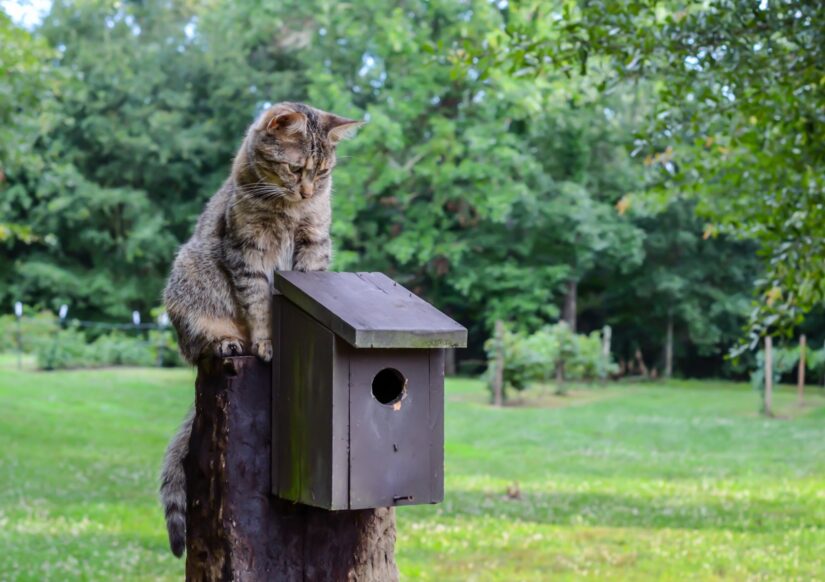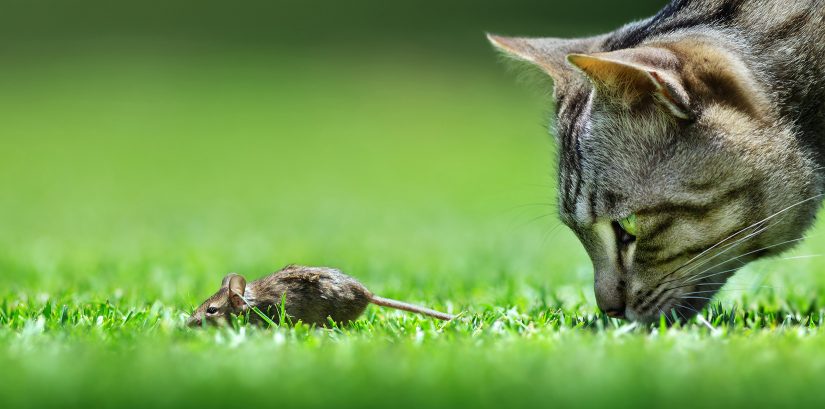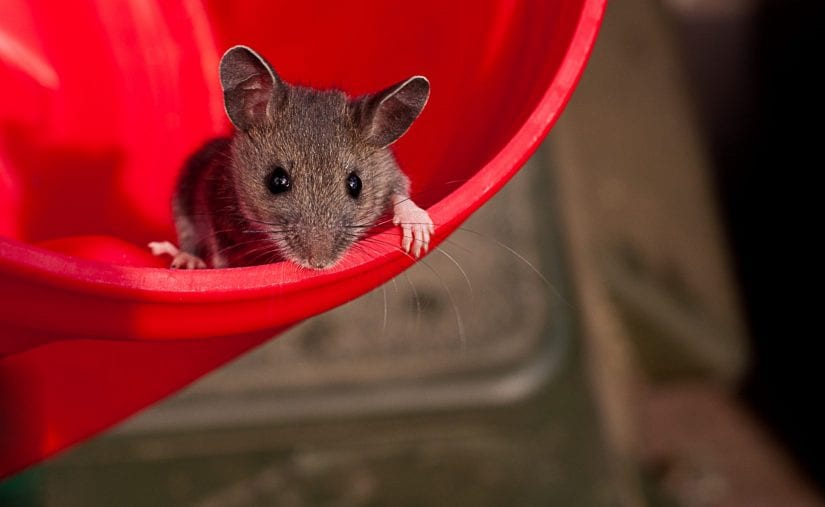Cats have long been relied on to protect our homes and our pantries from rodents. In fact, for many folks, their role as mousers is a given — it’s just “what cats do.”
Looking at the science, however, the picture that emerges is not quite so clear. There are a number of things to consider when it comes to using cats for rodent control.
Cats may be not be hunting rodents
As kittens, cats learn hunting skills from their mother and, as they grow up, they tend to choose the same prey she did. This means that cats often specialize in certain types of prey, which could include a preference for birds over mice and rats, for example. Moreover, being more skillful in catching one type of prey doesn’t necessarily translate into better hunting skills overall.
At the end of the day, cats display remarkable individuality in how and what they hunt.

Cats may avoid hunting rats
Every time they hunt, cats are taking a risk. After all, a bite from a rodent or a peck from a bird could lead to infection or even permanent injury. Furthermore, the larger the prey, the less likely cats are able to make a kill. Because rats are pretty sizeable, cats can actually be fearful of them and reluctant to prey on them.
Rats may learn to avoid cats
Research suggests that rats and cats may actually be able to share the same space. From a human perspective, it can seem like there are fewer rats around when in fact they’re simply shifting their movements in response to a cat’s presence.
Cats are not very humane predators
Cats are known to ‘play’ with their food. This is thought to be related to their fear of being injured by their prey, and is likely terrifying to the animal being toyed with.
Of course, not all predation attempts end in a kill. Many animals escape with injuries, some of which are severe enough to cause death later on. In a study of one wildlife rehabilitation centre, cats were found to be the second greatest cause of bird mortality and fourth greatest cause of mammal mortality.

Cats who hunt rodents may be poisoned
Rodenticides, commonly used for rodent control, cause a slow and painful death. Cats can easily suffer the effects of poison from eating poisoned mice or rats.
Secondary poisoning is not the only risk that outdoor cats face. While it’s true that cats are predators, they’re also a prey species. Being outdoors renders them vulnerable to attacks from wild animals such as coyotes. Other risks they face outdoors include vehicles, fights with other cats, diseases and parasites, and frostbite.
Humane rodent control
Ultimately, humans are the ones responsible for drawing mice and rats in by providing easy-to-access sources of shelter and food. Taking steps to rodent-proof our homes means that we won’t need to rely as much on cats or other lethal methods to keep them at bay.
Find out more about humane rodent control.

